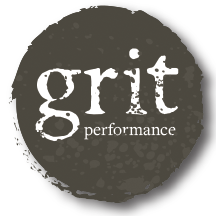Athletes know that recovery is part of training.
Without intentional downtime our bodies cannot refuel or recharge for the next task. Our brains need recovery too regardless of the outcome of our race or training. Physical injuries require downtime for the body; they take their toll on the mental and emotional side as well. Near misses, crashes, concussions and body failures can affect how we mentally approach our next race. They can become triggering events that create fear, tension and hesitation for future performances.
Emotional injuries resulting from choking under pressure, lackluster performances, humiliations, slumps, and missed opportunities have the potential to be sticking points just as strongly as their physical counterparts. The reaction to these injuries can get locked to our nervous system with the original picture, thoughts, sensations and emotions long after the original event has occurred. This can lead to performance issues when an athlete faces any situation that reminds their system of the past traumatic event. Through a neurologically based therapy known as EMDR (Eye Movement Desensitizaion and Reprocessing) the athlete and therapist can unlock the nervous system, allowing the brain to fully process the original event and reduce and eliminate the power and reaction it had in the past. This process frees up the athlete to be in the moment as it is experienced as opposed to being haunted by the past. In addition to resolving past athletic challenges, EMDR promotes the growth of positive connections within the brain and nervous system. These connections assist the body in future athletic successes. Athletes perform most effectively when their mind, body and emotions operate in their most optimum states: the body strong, the mind clear and the emotions calm. Linking future scenarios of successful performances to emotional and physical responses soothes the mind and perpetuates calm and focus within the body.
Melinda works one on one with athletes to unlock past traumas and enhance performance in the present and future.

